Family learning for closing the attainment gap
Family learning for closing the attainment gap – practitioner voices event, Dundee University 26th May 2017
My question for attendees is: How well are we listening to, are involving and can evidence clear participation of parents with a disabled child and disabled parents in the drive to support their child’s education attainment?”
I’m the Chair of the Family learning Working Group, part of the implementation of the Statement of Ambition for Adult Learning:
- Exploring the impact of family learning on attainment.
- Identifying the impact of effective adult learning approaches within family learning
The recent Education Scotland Review of Family Learning states that “little is known about the impact of family learning on families which include a disabled child and/or parent.” There is an optional family learning quality indicator in How Good is Our School 4 (2.5) which has been used by 10 schools in recent inspections, but findings haven’t yet been reported.
Thinking specifically about the impact on families which include a disabled child or adult is important within the child poverty raising attainment agenda when you consider that the Joseph Rowntree Foundation Annual Monitoring Poverty and Social Exclusion Report 2016 found that “half of people living in poverty are either themselves disabled or are living with a disabled person in their household”.
The Carnegie Report, Digital Participation and Social Justice talks about the digital revolution amplifying inequalities at a time parents increasingly need to be up to speed to help with online homework. Disabled people are statistically more likely to be on the wrong side of the digital divide and may therefore have more to gain from opportunities to develop relevant digital skills. Here is just one example of a Lead Scotland learner who is motivated to find work and develop digital skills and confidence to support her son doing his homework.
Enable’s IncludED in the Main highlights grim statistics of exclusion and stimulates a national conversation about the experiences of young people who have learning disabilities, their parents, carers and teachers in school through 22 clear and positive recommendations.
In their report 98% of education workforce feel that teacher training does not adequately prepare them for teaching young people who have learning disabilities. 62% of class teachers of class/subject teachers said they have experienced stress and professional anxiety due to the thought of not having the right support to meet the needs of children and young people who have learning disabilities.
Makes me wonder what percentage of family learning workers feel confident about effectively engaging, teaching and offering the right support to disabled adults and children?
With the right support in place at the right time could attainment rates be higher? That’s what we are hearing from some parents who call our helpline. The 2014-15 School leaver attainment and destinations report shows that 1.2% of non disabled pupils left school with no qualifications at SCQF level 2 or above, rising to a figure of 7.7% for pupils with additional support needs, 11.2% of pupils with a hearing impairment and 18.2% of pupils with a visual impairment. The picture above shows some of a group of young carers who recently achieved their SCQF level 5 Community Action and Leadership Award with Lead Scotland in partnership with Connecting Young Carers. For some of the young people this was their first formal qualification.
The transition from school can be a very concerning time for young people and their parents/supporters. Could family learning practitioners be more involved in the transition planning meetings to increase post school choices for disabled pupils? Many parent callers to our helpline report that the transition planning meetings don’t provide enough options and don’t start early enough. Lower attainment rates restrict post school choices.
Principles of Transition 3 outlines 7 principles and advocates that cross sector providers work jointly together and importantly advocates forthe voices of children and young people at the centre of decisions made about their future.
The #nothingwithoutus philosophy outlined in the Scottish Government Delivery Plan has been hard fought for by disabled people and involvement is a key principle of Community Learning and Development. Working together we can enable and empower disabled people to close the attainment gap.
How well are we listening to, are involving and can evidence clear participation of parents with a disabled child and disabled parents in the drive to support their child’s education attainment? And how do we know?
Emma Whitelock, CEO Lead Scotland
Local services
Contact a Co-ordinator in your area to discuss your options and get started:

